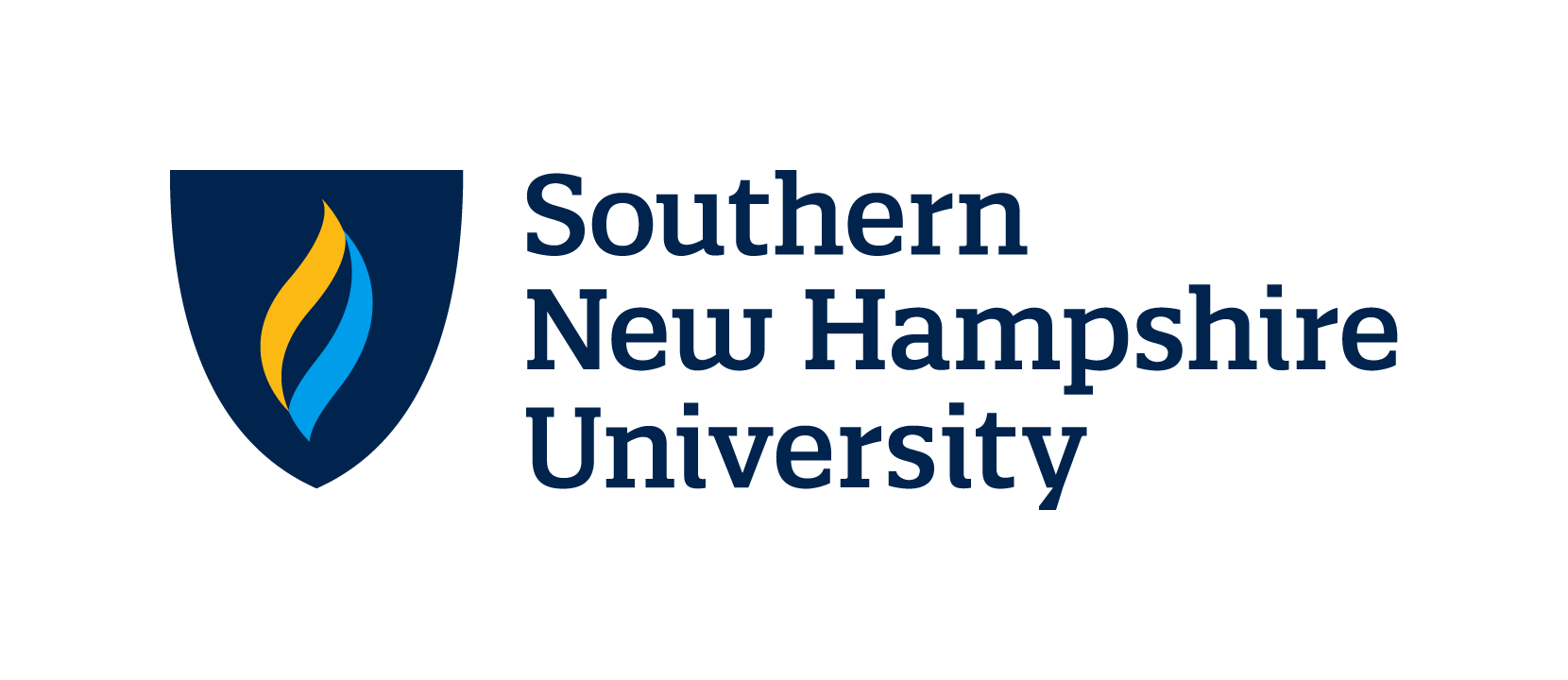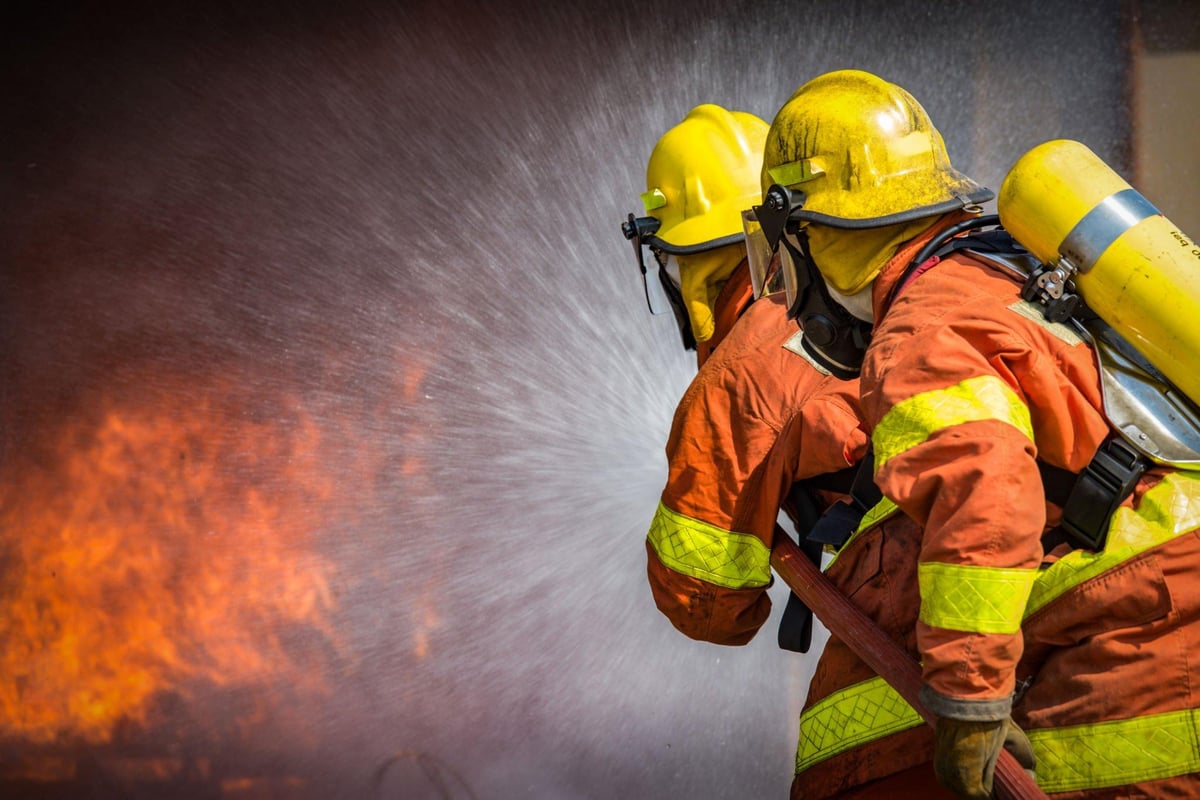Fire Science classes near me in Dallas/Fort Worth
In the Dallas/Fort Worth metro area, the average cost of a class is $12000 and the average class length is approximately 32 weeks long
Trade and industry classes near
Dallas, TX 75201Online classes
Financial aid
Certificate
Short classes

Penn Foster
Diesel Mechanics/ Heavy Truck Maintenance Career Diploma
- Affordable, accredited, self-paced
- Students receive Snap-on tools discount

Southern New Hampshire University
BS Operations Management with concentration in Logistics and Transportation
- Complete your degree at your own pace
- 24/7 online accessibility

Penn Foster
Gunsmith
- Online, affordable, accredited, self-paced
- Learn how to get your FF license
Fire Science classes near me in Dallas/Fort Worth
Are you interested in a career in firefighting? Do you live in the Dallas/Fort Worth area and want to find fire science classes near you? Look no further! In this blog post, we will explore what fire science is, the training requirements, what to look for in a class, what to expect from the day-to-day class, the certification process, how to find related jobs, and other classes you can take after becoming a fire science professional.

Introduction
Fire science is a field that focuses on the study of fire behavior, prevention, and suppression. It combines elements of chemistry, physics, engineering, and management to educate students on the best practices in firefighting and fire prevention. Fire science professionals play a crucial role in protecting lives and property from the devastating effects of fire.
What is Fire Science?
Fire science is the study of fire behavior, prevention, and suppression. It involves understanding the chemistry of fire, the physics of fire spread, and the various techniques and strategies used to combat fires. Fire science professionals are trained to assess fire risks, develop fire prevention plans, and effectively respond to fire emergencies.
Training Requirements
To become a fire science professional, you will need to complete a fire science training program. These programs are typically offered by community colleges, technical schools, and fire academies. The duration of the training program can vary, but most programs can be completed in one to two years.
In addition to classroom instruction, fire science training programs also include hands-on training in fire suppression techniques, emergency medical services, and hazardous materials response. This practical training is essential for developing the necessary skills and competencies needed to be successful in a firefighting career.
What to Look for in a Class
When looking for fire science classes near you, there are several factors to consider:
-
Accreditation: Ensure that the training program you choose is accredited by a recognized accrediting agency. Accreditation ensures that the program meets certain quality standards and that the training you receive will be recognized by employers.
-
Curriculum: Review the curriculum of the training program to ensure that it covers all the necessary topics and skills required for a career in fire science. Look for programs that offer a comprehensive curriculum that includes both theoretical and practical instruction.
-
Facilities and Equipment: Check out the facilities and equipment available at the training institution. It is important to have access to modern firefighting equipment and simulators to get hands-on experience in a realistic setting.
-
Instructor Qualifications: Research the qualifications and experience of the instructors at the training institution. Experienced instructors with real-world firefighting experience can provide valuable insights and guidance.
What to Expect from the Day-to-Day Class
Fire science classes typically include a mix of classroom instruction and hands-on training. In the classroom, you can expect to learn about fire behavior, fire prevention, firefighting techniques, hazardous materials response, and emergency medical services. You will also study relevant laws, regulations, and codes related to fire safety.
Hands-on training may involve practicing fire suppression techniques, conducting fire investigations, and participating in simulated emergency scenarios. This practical training is essential for developing the skills and competencies needed to respond effectively to real-life fire emergencies.
The Certification Process
After completing a fire science training program, you will need to obtain certification to work as a firefighter or in a related field. The specific certification requirements can vary depending on your location, but typically involve passing written and practical exams.
Certification exams are designed to assess your knowledge and skills in fire suppression, emergency medical services, hazardous materials response, and other relevant areas. Once you pass the exams, you will be eligible to apply for jobs in the firefighting field.
How to Find Related Jobs
Once you have completed your fire science training and obtained certification, you can start looking for related jobs. Here are some ways to find job opportunities in the firefighting field:
-
Networking: Reach out to your instructors, classmates, and other professionals in the firefighting industry. They may be aware of job openings or can provide valuable advice and guidance.
-
Job Boards: Check online job boards and websites that specialize in firefighting and public safety careers. These platforms often have a wide range of job listings from various employers.
-
Fire Departments: Contact local fire departments and inquire about any job openings or recruitment processes. Many fire departments have their own hiring procedures and may advertise job opportunities on their websites or through local media.
Other Classes to Consider
Once you have become a fire science professional, there are several other classes you can take to expand your knowledge and skills in the field. Some options include:
-
Emergency Medical Services: Taking classes in emergency medical services can enhance your firefighting skills by providing you with the knowledge and training to provide medical assistance in emergency situations.
-
Hazardous Materials Response: Classes in hazardous materials response will teach you how to safely handle and respond to incidents involving hazardous materials. This knowledge is essential for protecting yourself and others during firefighting operations.
-
Fire Investigation: Fire investigation classes will teach you how to determine the cause and origin of fires. This knowledge is crucial for identifying potential fire hazards and preventing future incidents.
-
Leadership and Management: As you progress in your firefighting career, you may want to consider taking classes in leadership and management. These classes will equip you with the skills needed to lead and manage teams of firefighters and effectively respond to complex fire incidents.
Final Thoughts
If you are interested in a career in firefighting, pursuing fire science classes can provide you with the necessary knowledge and skills to excel in this field. By completing a fire science training program, obtaining certification, and continuing your education, you can build a rewarding career in firefighting and contribute to the safety and well-being of your community.
Remember, when searching for fire science classes near you, consider factors such as accreditation, curriculum, facilities, and instructor qualifications. And don't forget to check out Dreambound for more information on vocational training programs and job opportunities in fire science and other fields.
If you're exploring options in this field in various locations, Dreambound's extensive guides are a great resource. We've got detailed insights for numerous cities. check out some additional guides below:
- How to Become a Firefighter in Alabama
- How to Become a Firefighter in Indiana
- How to Become a Firefighter in Michigan
- How to Become a Firefighter in North Dakota
- How to Become a Firefighter in Virginia
Thinking about a potential career transition? Dreambound offers detailed guides to help you with making an informed decision. Dive in below:
FAQ
What is Dreambound?
Dreambound is the largest platform for students to find career & technical training programs. While we can't guarantee a career outcome, our mission is to provide all the information you need to find the perfect program for you.
What programs do you offer?
Dreambound has over 70 programs across healthcare, technology, business, and industrial trades. This includes programs such as Medical Billing, Cybersecurity, and welding.
Do you offer financial aid?
Some of our schools offer financial aid for those who qualify. Many others offer payment plans, where you can pay the cost of class over time.
Is it possible to do online classes?
Yes, Dreambound offers many online programs. On Dreambound's search, you can filter by online, in-person, and hybrid (part online, part in-person).